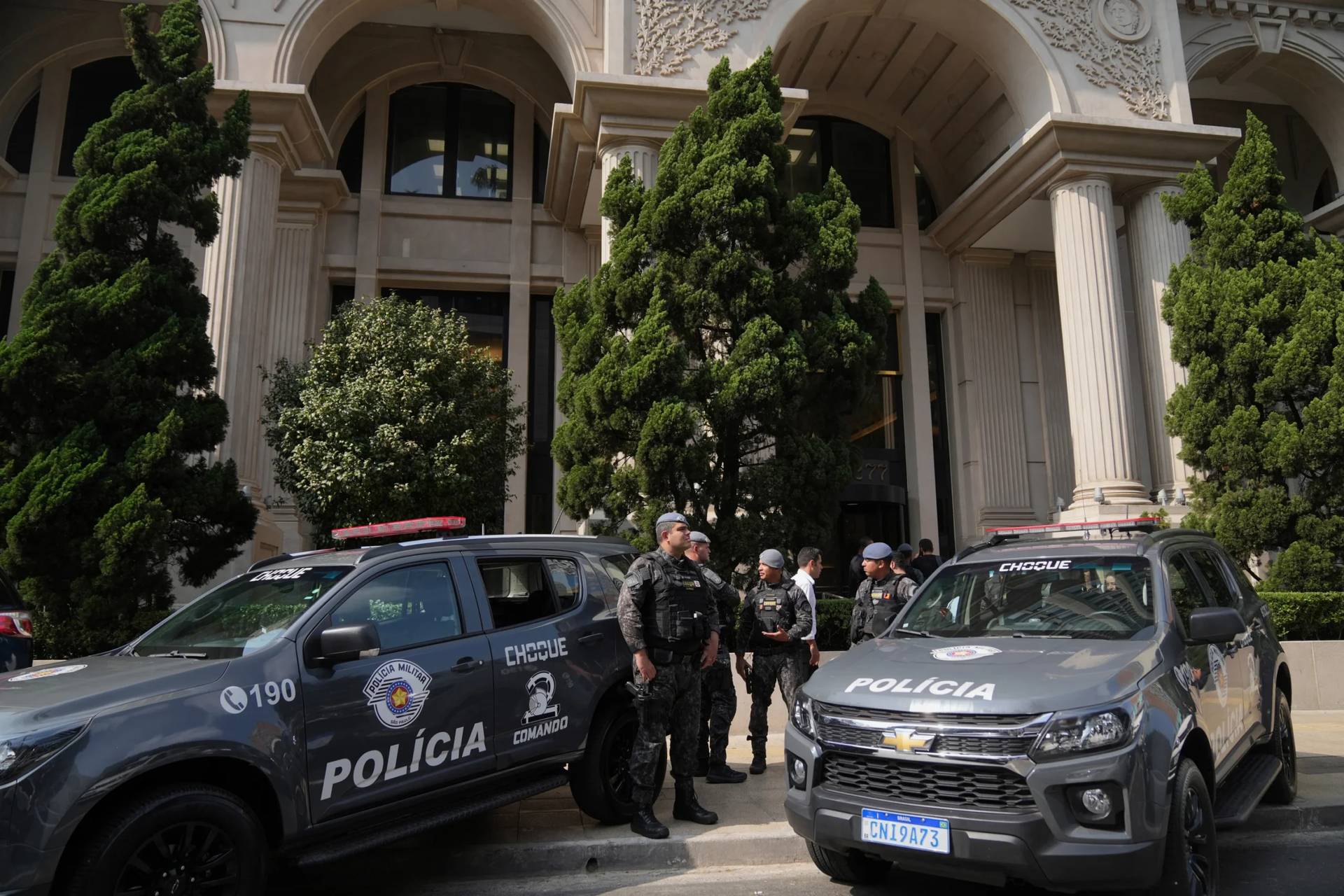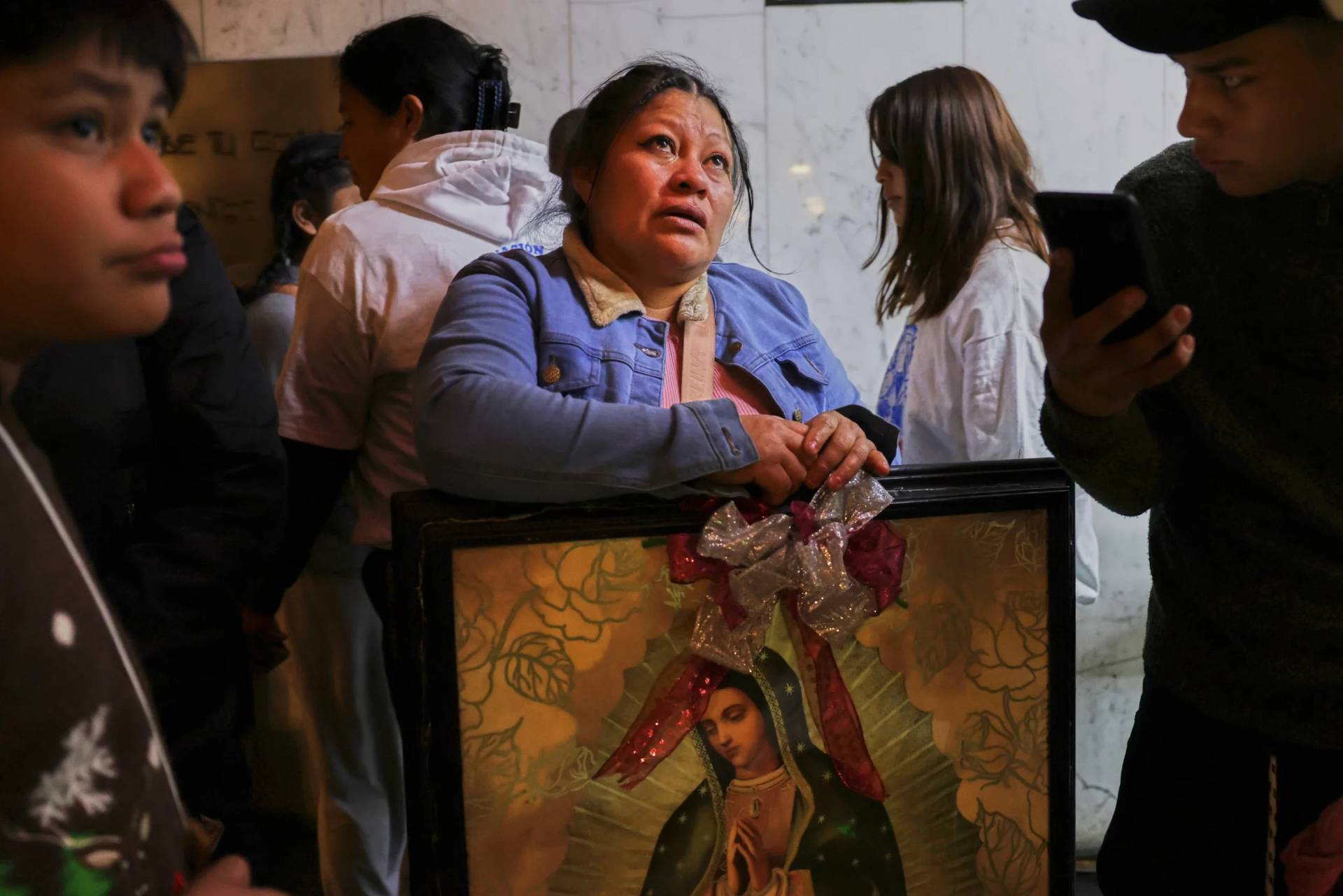ROME – According to a cardinal from Venezuela, a decision by President Nicolas Maduro to close borders so foreign aid can’t enter shows his government is “insensitive to the needs of the people” and willing to resort to violence to repress unarmed citizens.
In the words of Delcy Rodriguez, Venezuela’s Vice President, what happened on Saturday, when five people died and over 300 were hurt amid clashes among civilians, the military and paramilitary groups, is “only a small sample of what we’re willing to do to defend Venezuela.”
Maduro has equated attempts to deliver humanitarian aid to a foreign invasion, though he has accepted some 400 tons of aid from Russia set to arrive in the near future.
According to a military officer who defected from the army on Saturday, the order given by Maduro was to “massacre the people” to guarantee that the humanitarian aid wouldn’t enter Venezuela, despite the fact that, according to Cardinal Jorge Urosa, people are “scavenging garbage cans for food.”
An estimated 60 men and women left the army on Saturday, fleeing to Colombia seeking refuge. According to Colombian authorities, some 300 people were wounded when forces allied with Juan Guaido, president of the National Assembly and who was sworn in as interim president in January, tried to protect trucks with food and other goods coming into the country.
Maduro today is backed by much of the army and paramilitary forces, together with nations such as Russia, China and United Arab Emirates. Guaido on the other hand, has the support of the United States, most of Latin America and the European Union.
“The government is determined to prevent foreign aid from entering,” Urosa told Crux in an interview, noting that government forces had “unleashed a very strong attack” on the border city of Tachira and on the Venezuelan border with Brazil.
“The officers who were in command of that military contingent must answer before God and before laws,” Urosa said. “I deeply deplore and condemn those murders.”
The cardinal is one of the voices in the bishops’ conference calling for foreign aid to be allowed into Venezuela. In 2017, according to international observers, Venezuelans lost an average of 16 pounds due to food shortages. With an inflation rate of 8,000% last year, things have gotten even worse.
Bishop Felipe Gonzales, of Caroni, close to the border, was filmed amid the violent attacks asking for an end to violence and for food to be allowed in. According to a statement from the bishops’ conference, the answer was “indifference.”
Archbishop Ulises Gutierrez of Bolivar, like many others, went to Twitter to condemn Saturday’s violence: “People were murdered,” he said. “The destroying of humanitarian aid presents yet another stage that will have grave consequences on the regime. Stop it now.”
In a statement released on Thursday, the bishops basically begged Maduro to let the aid in, saying that to ask for help is not “treason to the nation,” rather “it’s a moral duty that concerns us all, before the shortcomings and dramatic emergencies suffered by the Venezuelan people.”
Venezuela, they argued, is living in “extreme situations,” and they noted that the Catholic Church from the top down – meaning from Pope Francis to ordinary lay people – has asked many times for a humanitarian corridor, with the answer always being “no.”
According to Urosa, even though it’s not been officially recognized, the country today has shortages of food and medicine, with the high cost of goods leaving the population “poorly fed and poorly served in the field of health.”
“There’s already talk of over 80 percent of the population living in poverty,” he said. “Neonatal mortality has increased, and so has child malnutrition. Public hospitals no longer feed patients, who often have to bring their own medicines to be treated.”
Children and the elderly, Urosa added, live in “critical poverty” and are in a serious situation of need. “Humanitarian aid is necessary!”
The prelate referred to the alleged tensions between Francis and the bishops of Venezuela, as the pontiff has repeatedly asked for dialogue while the bishops openly support Guaido and the end of Maduro’s government.
“There’s no such tension,” Urosa told Crux. “In fact, there’s a very close harmony between Pope Francis, the Vatican’s Secretary of State and the Venezuelan bishops’ conference.”
“The pope supports us in our position of frontal criticism of the Maduro government, and he’s made repeated calls both in public and in private, since the beginning of his pontificate in 2013, for the government to change and act differently, respecting the constitution and the rights of the people.”
However, Urosa said, the pontiff doesn’t have to engage concrete political situations, “it’s our duty to do so!”
Asked what the world can do to help, Urosa insisted on both humanitarian aid and a change of government but also prayer: “Be aware of what’s going on here,” he said, “and pray so that we Venezuelans can resolve our conflicts in a peaceful way.”














